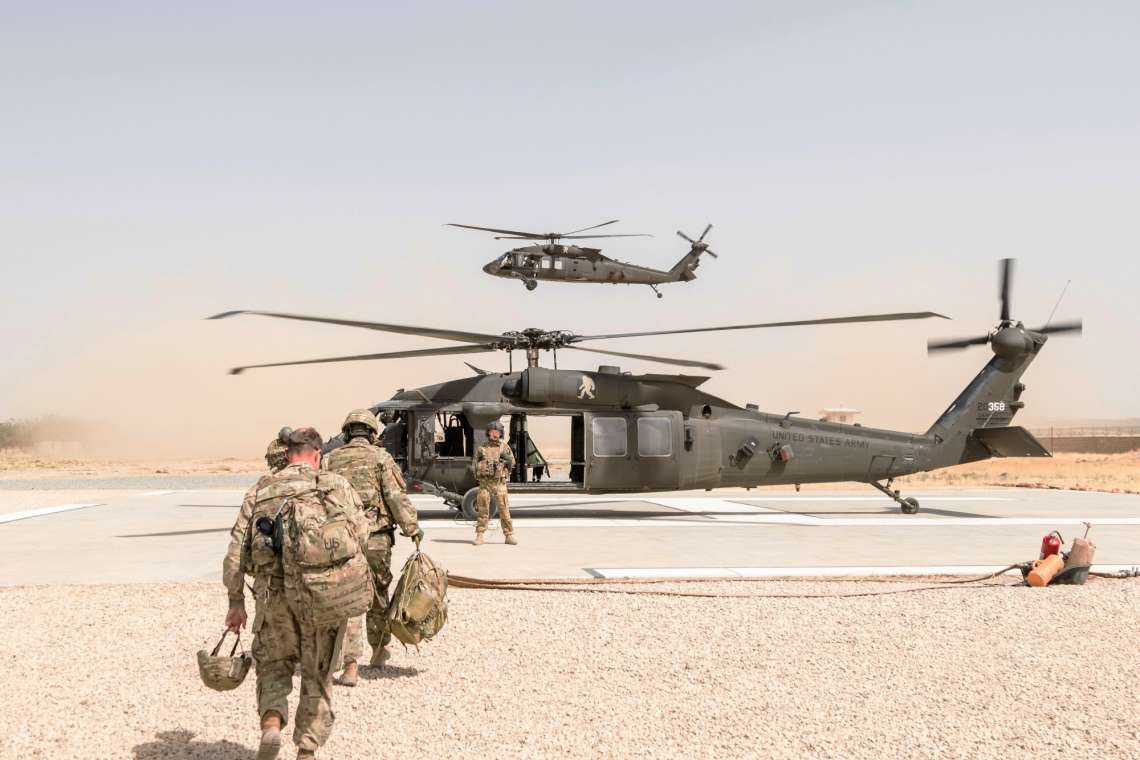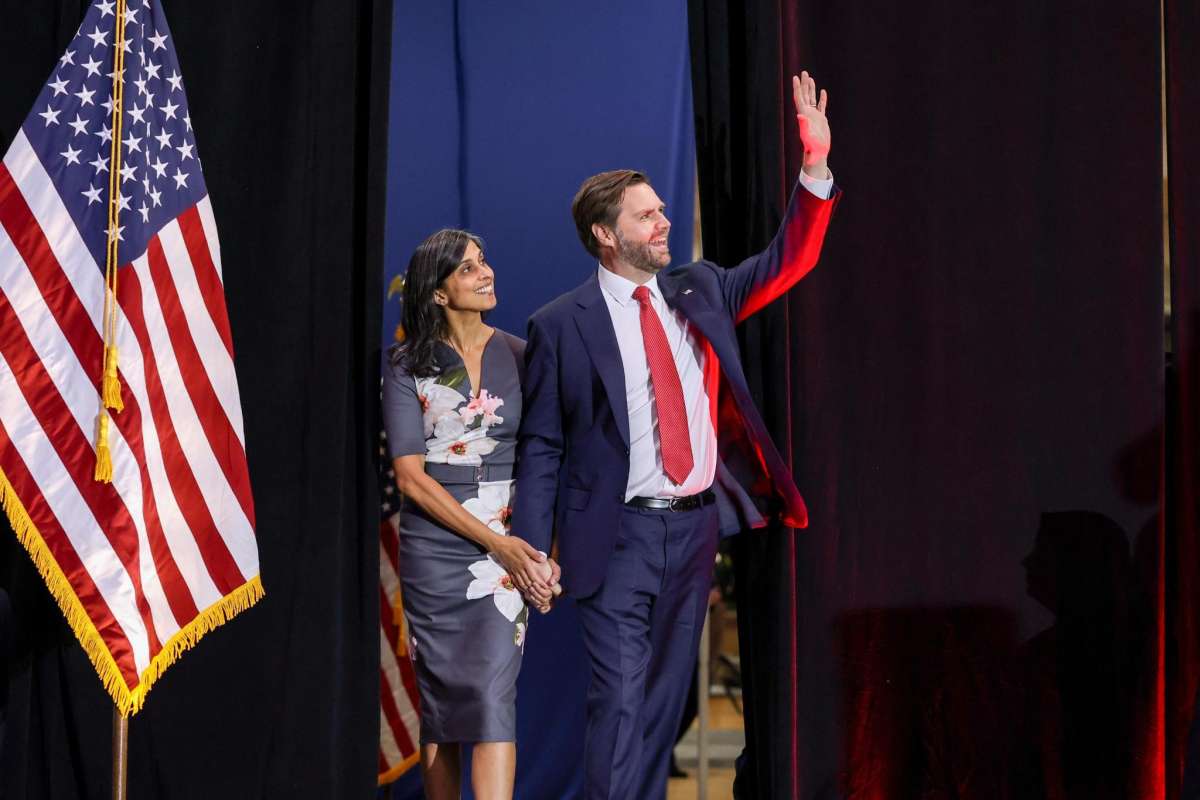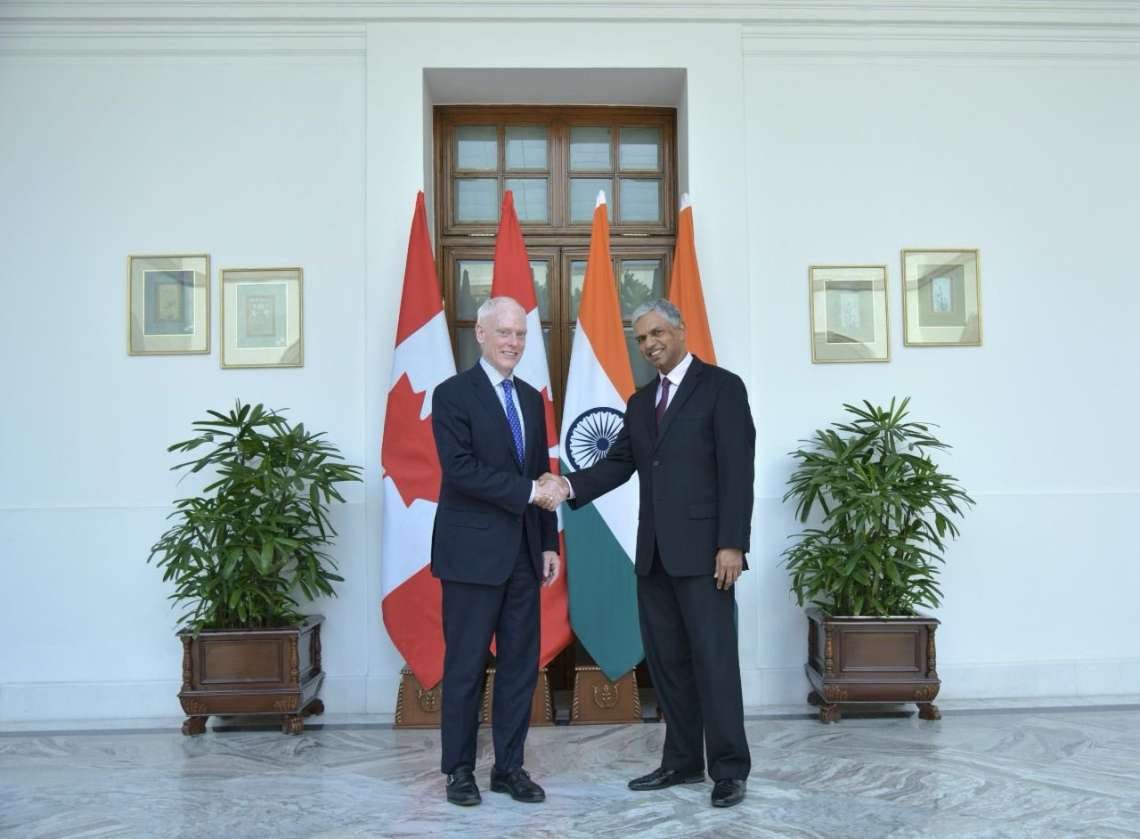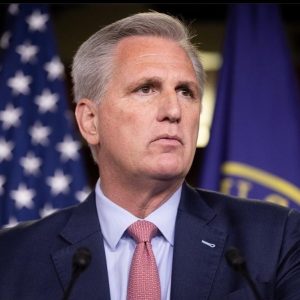Trump signals possible push for US return to Afghanistan’s Bagram base, raising fresh questions about Washington’s strategy in the region….reports Asian Lite News
President Donald Trump declared on Thursday that his administration was working to “get back” the Bagram air base in Afghanistan, a sprawling facility once at the centre of America’s two-decade military campaign in the country. His remarks, made during a joint press conference with British Prime Minister Keir Starmer in London, immediately set off speculation about whether Washington is preparing a fresh push into Afghan territory three years after the chaotic withdrawal of Western forces.
“We’re trying to get it back, by the way, that could be a little breaking news,” Trump told reporters. “We’re trying to get it back because they need things from us. We want that base back.” He went further, suggesting that strategic competition with Beijing was also shaping his calculations. “One of the reasons we want the base is, as you know, it’s an hour away from where China makes its nuclear weapons,” he added.
US officials offered no immediate clarification on the president’s comments, leaving open whether he was speaking about active negotiations, military planning, or a broader political ambition. But the statement marks the clearest signal yet that Trump intends to revisit one of the most contentious aspects of American foreign policy in recent decades—the decision to relinquish Afghanistan’s biggest air base just weeks before the Taliban swept back to power in Kabul in August 2021.
Bagram, located north of Kabul, was more than just an airfield. For nearly 20 years it functioned as the operational heart of the US and NATO presence in Afghanistan. From here, bombing missions were launched, logistics coordinated, and thousands of troops stationed. The base also became notorious for its high-security prison, where terror suspects were held and interrogated.
The United States first occupied Bagram in late 2001 after launching its campaign to topple the Taliban in the aftermath of the September 11 attacks. Over time, it was transformed into a heavily fortified hub complete with two runways, housing complexes, hospitals, and vast stockpiles of military equipment. Its eventual handover to Afghan forces in July 2021 symbolised the winding down of the American mission—though within weeks, the Taliban’s dramatic resurgence rendered the move a historic miscalculation in the eyes of many critics.
Trump, who had championed ending “endless wars” during his earlier term, has since his return to the White House repeatedly lambasted the decision to abandon Bagram. He frames it as evidence of strategic failure by his predecessor Joe Biden, accusing the Democratic leader of overseeing a humiliating exit that ceded influence not just to the Taliban, but also to geopolitical rivals like China and Russia.
In Thursday’s remarks, Trump’s reasoning for seeking Bagram’s return underscored his broader foreign policy theme: great-power competition with Beijing. By highlighting the base’s proximity to western China, where US intelligence believes significant parts of Beijing’s nuclear arsenal are developed, Trump suggested that regaining control of the facility could serve as leverage in the regional balance of power.
“China is sitting there, right next door,” Trump said. “They’re watching, and they’re moving. We can’t just let them have that advantage.”
Analysts note that while the base’s location indeed offers strategic reach into Central and South Asia, reclaiming it would require either the cooperation of the Taliban regime—which remains under US sanctions and unrecognised by most Western governments—or an outright military confrontation. Both scenarios appear highly improbable in the current diplomatic climate.
Prime Minister Starmer, standing alongside Trump during the press conference, did not comment directly on the Bagram remarks, instead stressing the need for “close transatlantic coordination” on global security challenges. British officials later indicated that London had received no advance notice of Washington’s intentions regarding Afghanistan.
In Washington, Pentagon spokespeople offered little elaboration, noting only that US defence policy in Afghanistan “remains under review.” State Department officials stressed that America’s primary focus was counter-terrorism and humanitarian aid rather than territorial control.
Trump’s declaration adds another layer of uncertainty to America’s already fraught relationship with Afghanistan. Since 2021, the Taliban has consolidated its control despite international isolation, with reports suggesting it has deepened economic and security ties with China, Iran, and Russia. For Trump to attempt to regain Bagram, his administration would need to decide whether to negotiate directly with the Taliban—risking criticism at home—or mount a more forceful approach that could reignite conflict.
Domestically, the issue feeds into Trump’s narrative of restoring American strength abroad. By linking the base to both the legacy of the Afghanistan withdrawal and the challenge posed by China, he reinforces themes central to his political brand: toughness, strategic vigilance, and reversal of what he describes as Biden-era failures.
Critics, however, warn that any attempt to reassert control over Bagram could entangle Washington once more in the very kind of long-running commitments Trump once vowed to avoid. “Reoccupying Bagram would not be a simple matter of flying in and taking over,” said Michael O’Hanlon, a defence analyst at the Brookings Institution. “It would mean renegotiating the entire US posture in Afghanistan, with huge costs and risks.”
For now, Trump’s remarks remain more declarative than operational. But in signalling that his administration is actively considering Bagram’s return, he has reopened a debate many in Washington believed closed with the 2021 withdrawal. Whether this represents serious policy planning or political theatre will become clearer in the weeks ahead. What is certain is that the ghost of Bagram—once the nerve centre of America’s longest war—continues to haunt US strategy, even as new rivalries dominate the global stage.














